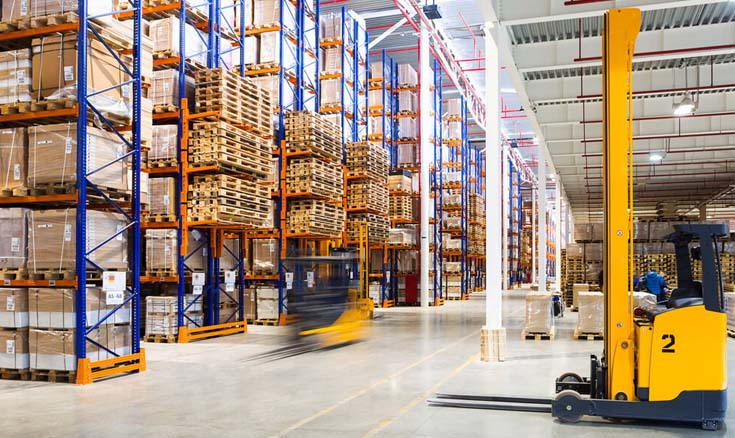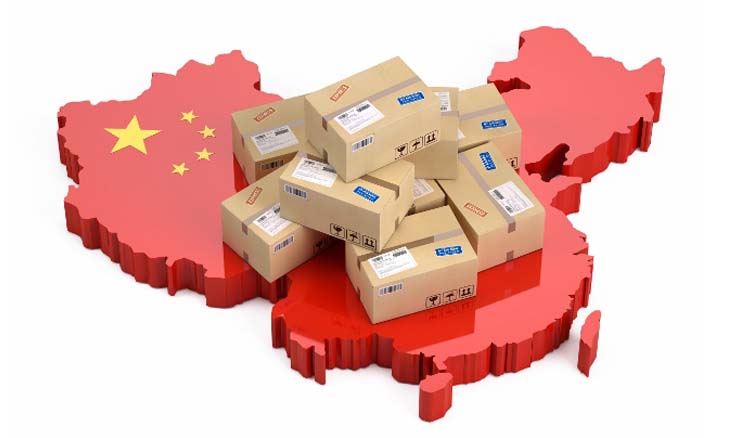In the context of economic globalization, the coordination and integration of production factors between countries (global procurement, international transportation, transnational collaborative production, customs clearance, information services, etc.) have become one of the hard nuts to crack in supply chain management.
As a bridge connecting international and domestic logistics, bonded logistics can perfectly meet the dual needs of international and domestic markets, and greatly enrich and enhance the development of the logistics industry.
Using a bonded warehouse brings quite a lot of benefits to businesses that are importing and exporting large quantities of goods, especially those subject to high tariffs. Here are some of those benefits:
1. Simplified customs import and export procedures
The bonded warehouse declares the import and export list of goods to the customs once a month, and checks the inventory of the bonded goods with the customs system, and pays the duty at one time, which greatly simplifies the entry and exit procedures and speeds up the customs clearance. This management model is especially suitable for the bonded inventory business of maintenance spare parts with relatively high time and inventory requirements.
2. Defer customs duty and improve cash flow
By storing your goods in a bonded warehouse, you won’t have to pay any import duties on exported products, which will help you save time and money. That’s to say, businesses can avoid paying twice as much tax, often saving around 25-30%.
3. Quality assurance and improve safety
Bonded warehouses can store any type of products as needed with corresponding equipment while ensuring quality. Such as providing temperature control facilities, as well as facilities with drying containers and freezers. What’s more, when you store bonded goods, the warehouse provides a security deposit to ensure that you do not face any monetary loss when the goods are shipped after paying taxes.
4. Shipping faster and improving customer experience
Most bonded warehouses are located in ports, which means you can store goods at ports of entry and distribute them when needed. Preparing the goods in the domestic bonded warehouse in advance can also help users save time waiting for the goods, and enjoy the same logistics experience in overseas shopping as shopping on domestic online platforms.

 简体中文
简体中文 Nederlands
Nederlands

